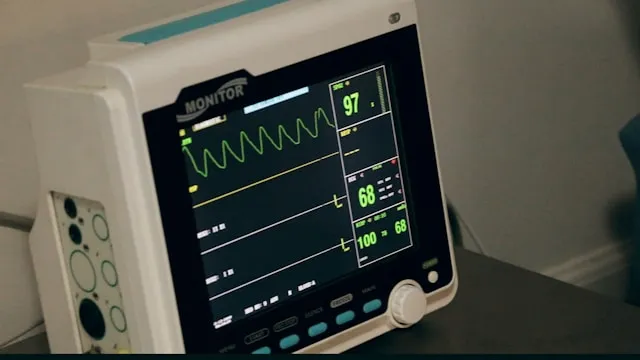Life is unpredictable but we surely can predict how our health should be in future. Whatever we feed to our body today, becomes its elixir to survive in the future. This makes it so important to be very mindful of what we eat and how we treat our bodies. Nowadays, the exponential increase in the number of deaths due to cardiac arrest is our wake-up call in disguise. Heart attacks mostly occur due to the blockage of specific arteries. It stops the supply of blood, and hence, attacks occur. Returning to home after a heart surgery makes a person more anxious about their heart's health. But to their rescue comes Cardiac rehabilitation. It is a customized program for the patients to incorporate exercises and healthy eating habits for a healthier future.
After a heart attack, how do you feel?
After a heart attack, around one-fourth of patients experience depression, anger, and fear. These natural reactions subside as people return to their regular routines. But, it is difficult to claim the amount of time it can take. To make yourself feel better, you can try the following:- Every day, wake up and get dressed. Do not spend the entire day in bed.
- Every day, go for a stroll. Regular exercise will help you maintain a healthy mind and body.
- Resuming hobbies and social activities that you like is a good idea.
- Share your thoughts and feelings with family, friends, clergy, or a support group.
- Have a restful night's sleep. Sleep deprivation may make you exhausted and cranky. If you sleep too much throughout the day, you will have trouble sleeping at night.
Diet
It's critical to eat a heart-healthy diet to avoid heart disease issues in the future. The following are six techniques for lowering the risk of coronary artery disease:- Consume more fruits, veggies, whole grains, and legumes.
- Choose your fat calories carefully.
- Eat a wide variety of foods with precisely the correct amount of protein.
- Reduce the amount of cholesterol in your diet.
- Limit your consumption of simple carbohydrates and instead rely on complex carbohydrates for energy.
How can you avoid having a heart attack in the future?
After a heart attack, the objective is to keep your heart healthy and limit your risks to avoid further heart damage. Take your medicines as prescribed. Following a heart attack rehabilitation, medications are provided to help the patient recover.- Avoid blood clots in the future.
- Reduce the amount of effort your heart has to make.
- Increase the function and recovery of your heart.
- Lower your cholesterol levels
Recovery
You'll get guidance and support from a variety of healthcare providers during your heart attack rehabilitation, including:- Nurses
- Physiotherapists
- Dietitians
- Pharmacists
- Exercise experts
- To gradually regain physical fitness so that you may return to your daily activities (known as cardiac rehabilitation)
- Help lower your chances of having another heart attack
Exercise
- When you get home, it's usually best to relax and perform just mild activities like walking up and down the stairs a few times a day or going for a brief stroll.
- Over many weeks, progressively increase the quantity of activity you undertake each day. The speed with which you can accomplish this will be determined by the state of your heart and overall health.
- Your medical staff may provide you with more specific recommendations on how to raise your exercise levels.
- Depending on age and abilities, your heart attack rehabilitation program should include various activities.
- The majority of the workouts will be aerobic. These are meant to help you strengthen your heart, enhance your circulatory system, and drop your blood pressure.
- Biking an exercise bike, jogging on a treadmill, and swimming are all examples of aerobic workouts.
Conclusion
Anyone who suffers from a heart attack faces different issues and challenges, and any counsel or help you receive will be customized to your specific circumstances. Many local and national cardiac support groups exist where you can meet individuals who have had similar experiences.
Reviewed by







